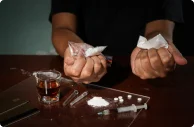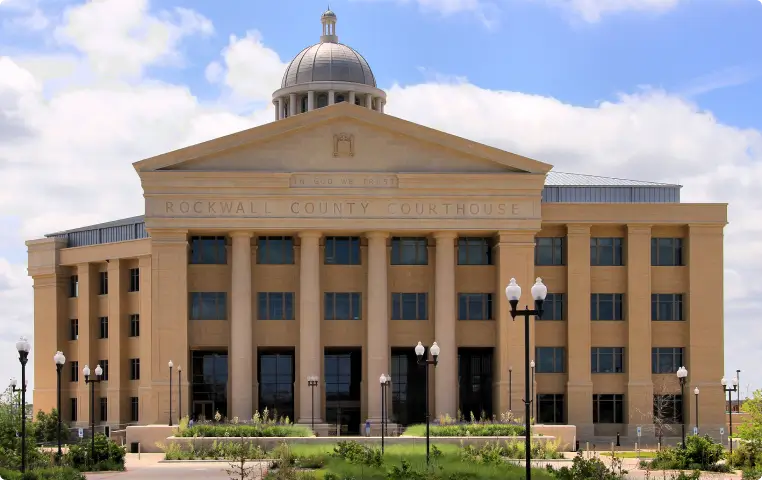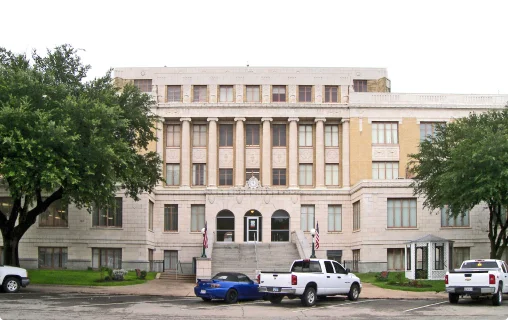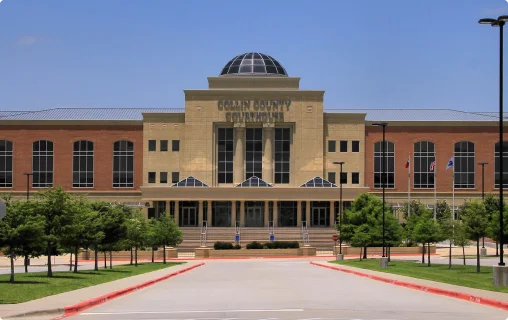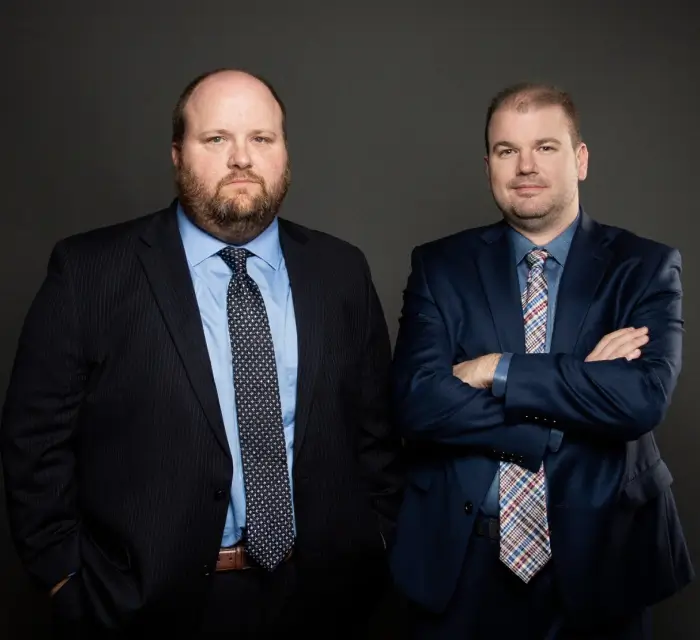
Forney’s Trusted Legal Team. Local Expertise, Proven Results – Fighting for Clients in Rockwall and Kaufman County.
Over 400 5-star reviews. Proudly serving Kaufman County, Rockwall, Plano and Dallas. Over 100 years of combined experience.

About Guest & Gray
Your Advocates When It Matters Most
At Guest & Gray, we combine local expertise with a client-first approach to deliver exceptional legal representation. With our legal team in Kaufman County, we provide the resources and experience to handle even the most complex cases. Whether you’re facing criminal charges, navigating a family law dispute, or managing a personal injury claim, our team will fight for your rights and future.
We’ve built our reputation on results, with over 400 glowing Google reviews and countless satisfied clients. From start to finish, our focus is on clear communication, personal attention, and ensuring the best outcomes for every client.
Our team of nine attorneys, led by award-winning partners Robert Guest and Scott Gray, offers comprehensive legal services tailored to your needs. With offices in Forney, Plano, and Rockwall, we are proud to serve Kaufman and Rockwall Counties with dedication and excellence.
Our Commitment to Excellence
Why Clients Trust Guest & Gray
400+ Five-Star Google Reviews
Our clients trust us because we listen, communicate clearly, and deliver outstanding results. Their glowing reviews reflect our dedication to exceeding expectations
Serving Clients in Kaufman County
With a dedicated legal team in Kaufman County, we have the resources, experience, and local knowledge to handle even the toughest cases
Award-Winning Partners
Our founding partners, Robert Guest and Scott Gray, have earned numerous accolades for their outstanding legal work, including AVVO ratings and Super Lawyer distinctions
Over 100 Years of Combined Experience
With more than a century of collective experience, our team offers legal expertise across a broad range of practice areas
Practice Areas
Comprehensive Legal Services for Kaufman and Rockwall Counties
Our Partners
Meet Our Award-Winning Partners
Areas We Serve
Proudly Serving Kaufman, Rockwall, and Surrounding Counties
Recent Posts
Insights from Guest & Gray
Stay informed with the latest legal updates, insights, and advice from our experienced attorneys
-

8 August
Can You Refuse a Breathalyzer in Texas? What You Need to Know
Getting pulled over for suspected DWI in Texas can be a nerve-wracking experience. One of the first questions an officer may ask is whether you’re willing to take a breathalyzer test. In that moment, uncertainty is normal. Can you refuse? What happens if you do? Here’s what every Texas driver should know before making that…
-

4 August
Facing Federal Drug Conspiracy Charges? You Need to Understand “Relevant Conduct”
When you are facing a federal drug conspiracy charge, the law can feel overwhelming. Many people believe they will only be punished for the specific crime they were charged with. But in the world of federal court, a concept called “relevant conduct” can change everything. It’s a critical part of how judges decide on a…
-

1 August
Can You Own a Gun If You Use Marijuana?
Understanding the Legal Impact of United States v. Erik Harris – And What It Means for You Date Decided: July 14, 2025 Court: United States Court of Appeals for the Third Circuit Key Issue: Does marijuana use disqualify you from owning a firearm under federal law? Why This Case Matters If you’re a gun owner—or…






